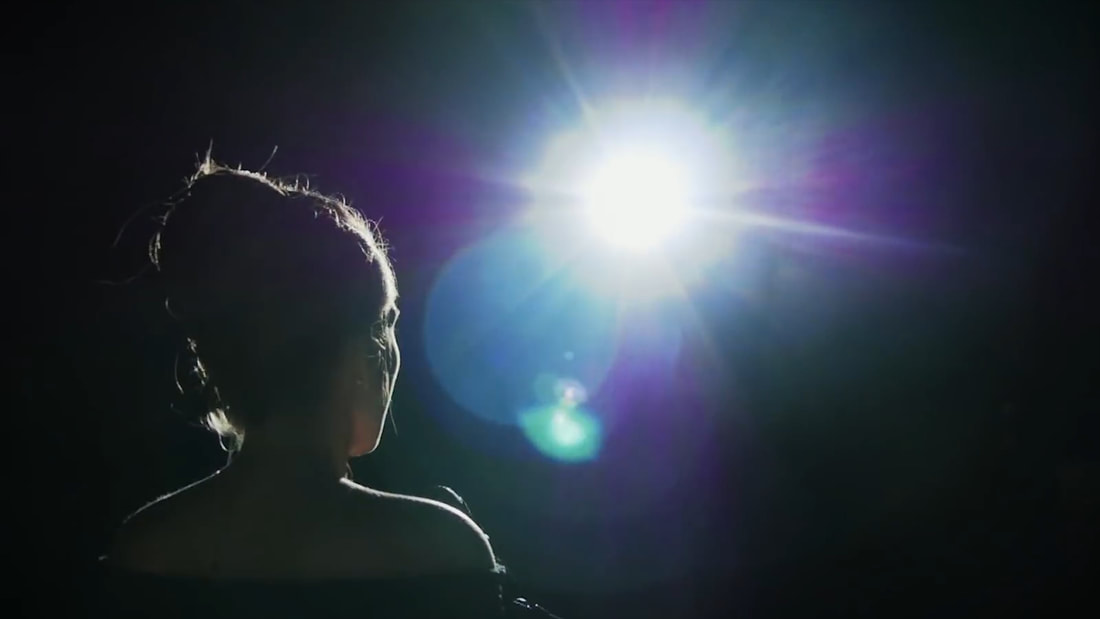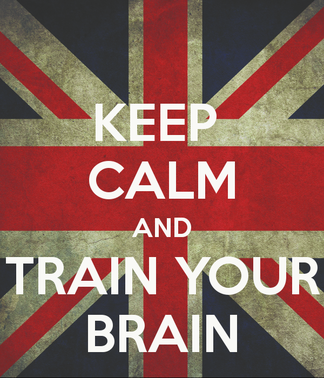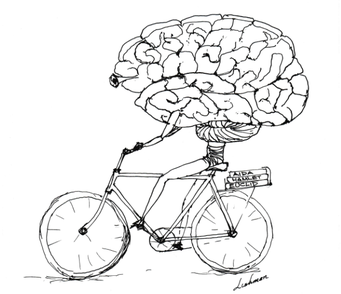Sign up...Join The Mindful Performer community to receive updates on upcoming workshops and new resources
|
|
|
“Of course I am nervous. The artist that boasts he is never nervous is not an artist; he is a liar or a fool” Caruso You know that feeling, when you’re about to perform (or perhaps many days before hand!) and you find your heart is racing, your limbs are shaking, your mouth is dry, and you have butterflies in your stomach? You are worrying about your performance, and you find it hard to concentrate on anything else. You tighten up, focus on everything that isn't right with the performance, and start to play it safe. You may refer to it as stage fright, or nerves, or performance anxiety, but either way, you may well see it as a bad sign - a sense of impending doom - an indication that the performance may not go well.
0 Comments
What do you think the number one predictor of performance excellence is? Level of experience? Quality of teacher? Amount of practice? Moderation of nerves? Level of precision? These can all certainly make a difference, but even with all these things in place, there is one factor, without which, your performance will never shine.
Ask any performer what is necessary for success and they will quickly reel off a list as long as your arm… lots of practice, hard work, support, luck, maybe even a big bank account or a sugar daddy! Arguably the most important elements for success are often overlooked. It doesn’t matter how much technical expertise you develop, how many scales you practice, or how much hard work you put in, without developing the core psychological skills for peak performance, even the great virtuosos would struggle.
I’m often asked how performance coaching works and what to expect, so I asked one of my clients if I could share her story. I’ve changed the name for her privacy, but to be honest, this story reminds me of most of my clients! I hope you find it useful to get a better understanding of how performance coaching works and how it could benefit you:) If I only ever managed to write one blog post, this would be it: the essential message that I desperately want every performer to hear...
With thanksgiving just passed, it seems appropriate to bring up the topic of gratitude. Whilst I haven’t traditionally celebrated Thanksgiving, I've had the pleasure of joining friends at their Thanksgiving celebrations in recent years and was touched by the sentiment of the holiday. Whilst the food was fantastic it was the moment we went around the table and said what we were grateful for that really stayed with me; I was heartened by all the lovely details that my friends chose to focus on. Each were experiencing their own challenges in life, but able to see the silver lining. Some even described their struggles and gave thanks for the resulting learning curve, which was very humbling! I really enjoyed reading a Guardian article this week entitled “It’ll be alright on the night: how musicians cope with performance stress” - not least of all because it highlighted a number of points that I’m constantly reiterating, and it’s always nice to hear someone agreeing with you!
If I had a penny for every time I heard someone complain that their performance was great in the rehearsal room, but then fell apart when they got on stage… It is usually uttered with an incredulous look that says ‘I don’t understand what went wrong!?’, but unfortunately, the answer is pretty simple! So many people train the part of their brain responsible for playing their instrument, but forget to train the part that is controlling their performance. We assume that our fingers, lips, tongue or vocal chords won’t work with the speed and accuracy required unless we train intently, and yet we expect to handle the pressures and adversities of performance situations with little to no training at all. This wouldn’t be such a big deal if we were naturally equipped to handle the pressures of performance - but we aren’t! Let me explain…
Well, ok, not exactly nothing, but very little... you still don't have to get off the couch! It's called Mindfulness Meditation... Learning to meditate was one of my new years' resolutions for at least ten years! I always thought it was probably a good idea, but I never thought I had enough time, wasn’t completely convinced it would make any difference, and feared (from the few attempts that I’d made) that I wasn't really any good at it! (Sound familiar?!) That was, until I was introduced to Mindfulness Meditation.
We all know that exercise provides extensive physical benefits - this is far from groundbreaking news - but as much as I knew the statistics, and even enjoyed exercise, it was too often the thing on my to-do-list that got pushed to tomorrow… or perhaps the next day. I always seemed to have far too much practice to do to have time for a walk, or would feel guilty if I was to take time out to do a yoga class. Until I discovered the impact that exercise has on our brains…
|
|
|
© Amy Radford 2014. ABN: 369 713 854 88. Contact
|


